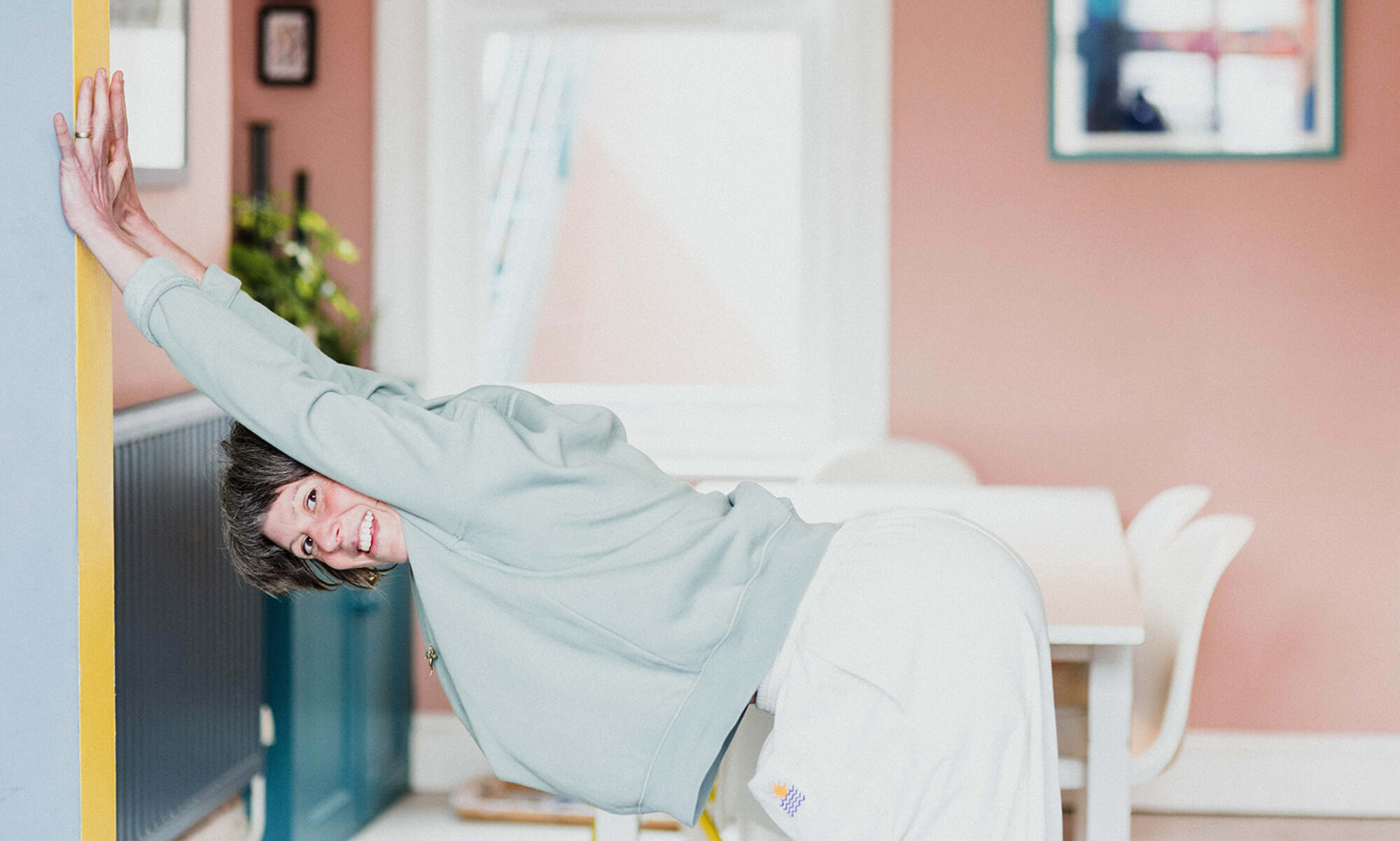Becoming a new parent can be a like a lucky dip of mixed emotions and experiences. You made it through labour and now you’re doing a good impression of a dairy cow, taking odd breaks to juggle nappies-ful of curry and pose for the family paparazzi, immortalized in spew-covered Primark pyjamas and scarecrow hair…
Then when you finally get a moment to change out of your pyjamas, you realise the midwife must have been a body snatcher and has left you with a weird gelatinous replacement body that’s leaking milk, with a pelvic floor so weak that laughing or sneezing are hazardous. While you’re overjoyed at the arrival of your little one, you may also feel dazed, tired, physically on the brink of malfunction and drastically unprepared. Add to this more than a dash of sleep deprivation, the sudden change in hormones following pregnancy and it’s no wonder you can feel emotionally all over the place.
So, amidst this sometimes/sometimes not so charmed existence, doesn’t it make sense to take at least an hour of your week to stop and breathe? Perhaps it’s the perfect time to start/restart yoga? But hold on, if the mention of the word terrifies you with thoughts of lithe eighteen-year-old pretzels in Lycra, or perhaps evokes images of saffron-robed mystics, none of whom are having to cope with a new baby on their path to enlightenment, don’t worry.
The word ‘yoga’ is rooted in Sanskrit and means ‘to merge’, ‘to unite’, ‘to join’, and definitely not ‘to bend’, ‘to compete’ or ‘to make shapes’. Geeta Iyengar describes yoga as giving ‘serenity and composure, an inward unity amidst the diverse struggles of life’. Now this starts to sound more attractive, doesn’t it? Also, perhaps, implausible… where is your baby going to be while you merge with this elusive inner peace? The answer is parent and baby yoga, where the focus is on YOU. Your baby (from four weeks old to mobility) is near you, either on a play mat near you (or on particularly lucky weeks asleep in his or her camper-pram) and you are led through a series of restorative breathing exercises and yoga asana (postures). Here, the emphasis is not on how far you can stretch, panting, over the stomach you’re still not happy with, but on practising within the parameters of your breath, finding a pace that honestly suits you and reconnecting with yourself.
Yoga allows you to investigate the nature of Being, and regular practise helps you to become less and less swayed by the turbulent fluctuations of your emotions. Working with the body in yoga asana, you learn that the body is in a constant state of flux: sensations you feel at the beginning of a class may have shifted by the end, tension and tightness are just transitory phases of being. In the same way, you come to understand that emotions change too: whether you’re feeling euphoric and energized or tearful and vulnerable because you haven’t slept properly in months and your baby is doing very good Damien impressions, these feelings are just temporary.
So, in fact, what better time to engage with yoga than at a point where your understanding of change takes on new dimensions; there aren’t many more transformative points in your life, physically or emotionally, than having a new baby. Not only is your body on a continual path of change, but your identity has shifted radically, your relationships with friends, partner, family are evolving, and you’re continually watching this little person who grows, changes and acquires new skills faster than you can blink in bright sunlight.
Parenting naturally demands that we respond to ever-shifting variables. There is no definitive guidebook to parenting, but even if there were, no one ever gets it ‘perfect’. And here too, yoga starts to really make sense: there is no perfect pose, perfect body, perfect parent, perfect baby… so if you can start to accept where you are as you are, without grasping for what’s next, without judging what’s past, you feel a sense of growing peace and natural flow. And the more you are easy with this flow, accepting what is at any given moment, the more peaceful you and your baby will feel. Being you, being the parent you are and practising yoga as your body and breath allow becomes, as yoga’s great sage Patanjali says, ‘effortless effort’.
As one of my students said recently: ‘Mother and baby yoga classes were an oasis of calm. I’d arrive at the class feeling vulnerable and slightly out of control and leave feeling balanced and much happier in myself.’
What’s great too is that the physical by-products of all this positive emotional centering are that you might just tone those uncooperative abdominal muscles, release some tension and discover that flexibility comes by breathing, letting go in the mind first – the body will follow.
